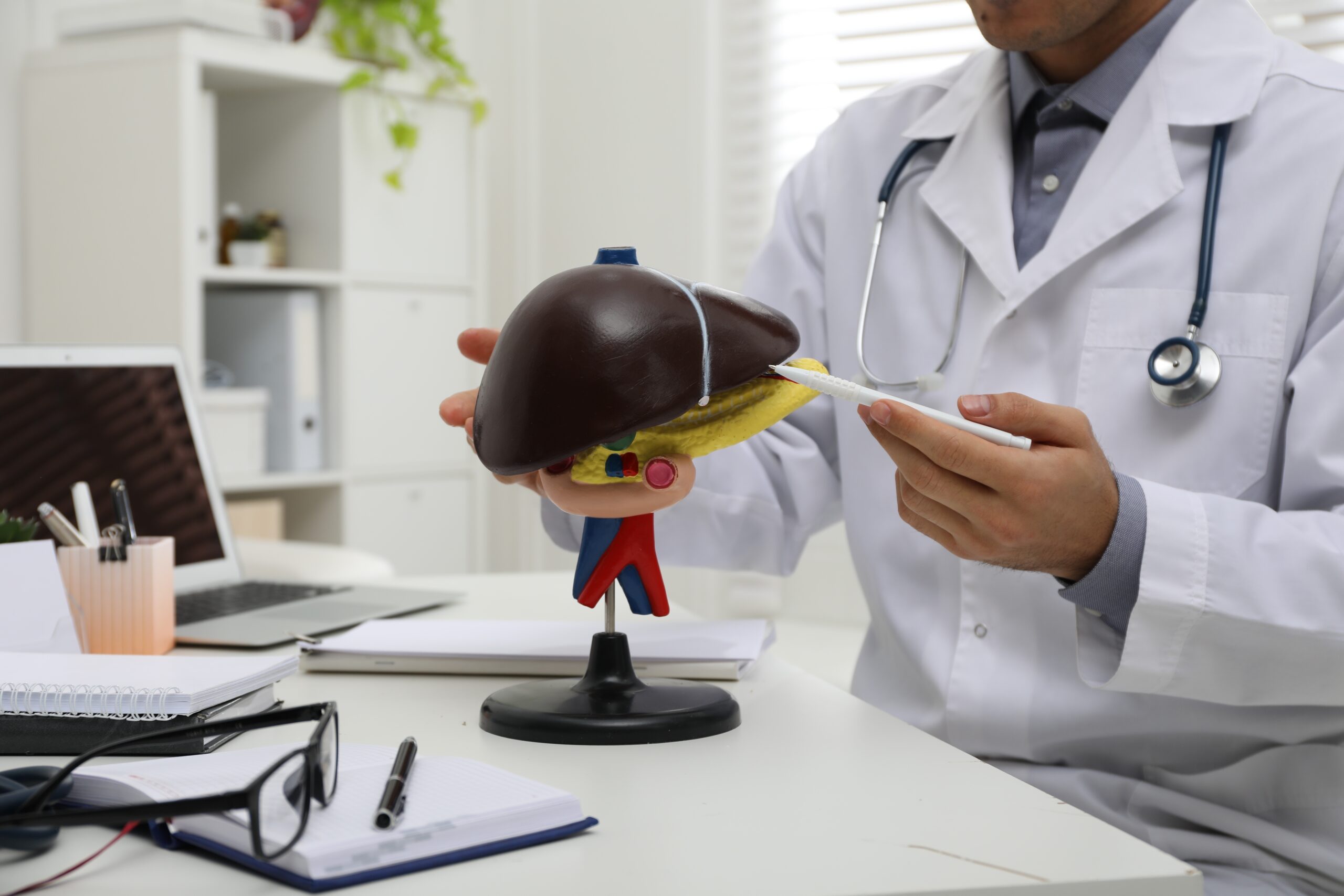Table of Contents

Common medications and herbal supplements that many people consider safe could be silently damaging your liver, with serious cases potentially leading to complete liver failure.
At a Glance
Drug-induced liver injury (DILI) is increasing, with both prescription medications and "natural" supplements posing significant risks
The FDA does not strictly regulate supplements, leading to potential contamination, mislabeling, and dangerous dosages
Six botanicals most associated with liver toxicity include ashwagandha, black cohosh, garcinia cambogia, green tea extract, red yeast rice, and turmeric
Common signs of liver damage include dark urine, jaundice, abdominal pain, nausea, and fatigue
The Hidden Dangers in Your Medicine Cabinet
Your liver serves as your body's primary filtration system, processing virtually everything you consume—including medications and supplements. This vital organ's role in metabolizing substances makes it particularly vulnerable to toxic accumulation. A concerning trend of drug-induced liver injury (DILI) has health experts increasingly worried, especially since many patients don't connect their symptoms to the pills they're taking. The problem spans both pharmaceutical medications and supposedly "natural" supplements, creating a silent epidemic of liver damage that often goes undiagnosed until significant harm occurs.
Over-the-counter pain relievers like acetaminophen (Tylenol) are among the most common causes of medication-induced liver damage, particularly when taken in excess or combined with alcohol. Prescription drugs including antibiotics, anticonvulsants, statins, and certain antidepressants also carry liver injury risks. The damage can range from mild enzyme elevations detectable only through blood tests to catastrophic liver failure requiring transplantation. Older adults, people with existing liver conditions, and those taking multiple medications face heightened vulnerability.
The "Natural" Supplement Fallacy
Many consumers mistakenly believe that herbal and dietary supplements are inherently safer than prescription drugs because they're labeled as "natural" or "organic." However, these marketing terms lack scientific definitions and regulatory oversight. Unlike medications, which undergo rigorous testing before FDA approval, supplements enter the market with minimal safety screening. This regulatory gap creates significant risks, as supplements may contain unlisted ingredients, contaminants, or inconsistent amounts of active compounds.
A 2024 study published in JAMA Network Open identified six botanical supplements most frequently associated with liver toxicity: ashwagandha, black cohosh, garcinia cambogia, green tea extract, red yeast rice, and turmeric/curcumin. Weight loss and bodybuilding supplements pose particularly high risks, with many containing multiple ingredients that may interact or hidden compounds not listed on labels. The study found that approximately 4.7% of U.S. adults regularly use potentially liver-toxic botanical supplements, often without informing their healthcare providers.
Dangerous Interactions and Warning Signs
The hazards increase substantially when supplements and medications mix. St. John's wort, commonly used for depression, can interfere with numerous medications by altering liver enzyme activity. "Failing to tell your healthcare provider that you are taking St. John's wort, especially at a high dose, could lead to adverse events where the buildup of unhealthy enzymes in the liver could risk damage or complete liver failure," cautions Cary Gastroenterology Associates.
Recognizing liver damage early can be challenging because symptoms often mimic other conditions. Warning signs include unexplained fatigue, jaundice (yellowing of skin or eyes), dark urine, light-colored stools, abdominal pain, nausea, loss of appetite, and itchy skin. If you experience these symptoms, especially after starting a new medication or supplement, seek immediate medical attention. Acute liver failure is a medical emergency that can progress rapidly without intervention.
Protecting Your Liver Health
The first step in safeguarding your liver is transparency with healthcare providers about everything you take—prescribed medications, over-the-counter drugs, and all supplements. Many patients don't mention supplements during medical visits, creating dangerous blind spots in their care. Regular blood tests to monitor liver enzyme levels can detect problems before they become severe, especially for those taking medications known to affect the liver or multiple drugs simultaneously.
When selecting supplements, choose products from reputable manufacturers that conduct third-party testing. Be especially cautious with weight loss, bodybuilding, and sexual enhancement supplements, which frequently contain problematic ingredients. Always follow dosing instructions precisely, and never assume that more is better—even beneficial supplements like vitamin C can damage the liver in excessive amounts. Maintaining overall liver health through a balanced diet, limited alcohol consumption, and physical activity provides additional protection against medication and supplement-related injuries.
AD
Most Recent
AD
